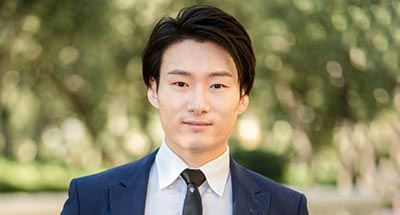
I sak Kim
Instructor
Duties begin on 8/1/2024
Background
Having spent most of my life in Hawaiʻi, I moved from local K-12 education to obtaining my degrees at KCC and UH Mānoa. My passion for teaching extends to connecting with students from diverse cultural backgrounds and making a positive impact through education. Over the years, I've had the privilege of teaching at UH Mānoa, multiple community colleges, and both public and private high schools within the early college program. My research focuses on the intricate aspects of human perception and attention, incorporating computer tasks, 3D projections, and virtual/augmented reality in laboratory settings—a nexus of psychology and technology. Beyond academia, I am dedicated to mentoring students in their research endeavors and enjoy calisthenics, acrobatics, and serving (not owning) my two cats.
Education
- PhD, Cognitive Psychology, University of Hawai‘i at Mānoa, 2024
- MA, Cognitive Psychology, University of Hawai‘i at Mānoa, 2020
- BS, Psychology, University of Hawai‘i at Mānoa, 2017
Courses
- PSY 100: Survey of Psychology
- PSY 212: Survey of Research Methods
- PSY 225: Statistical Techniques
- PSY 429: Experimental Psychology: Advanced Topics
Research
As a cognitive psychologist, I specialize in human perception and attention, with a keen interest in affordance perception. My research investigates how individuals perceive and interact with potential actions in their environments in relation to 2D and 3D objects. I also study how this interacts with motor skills, such as those developed in sports, to understand how motor expertise affects perceptual abilities. To investigate these areas, I employ various experimental methods like computer tasks, 3D projections, and virtual and augmented reality. This multifaceted approach allows for an in-depth analysis of cognitive processes in controlled lab settings and extends to understanding these processes in real-world contexts, effectively connecting theoretical insights with practical outcomes.